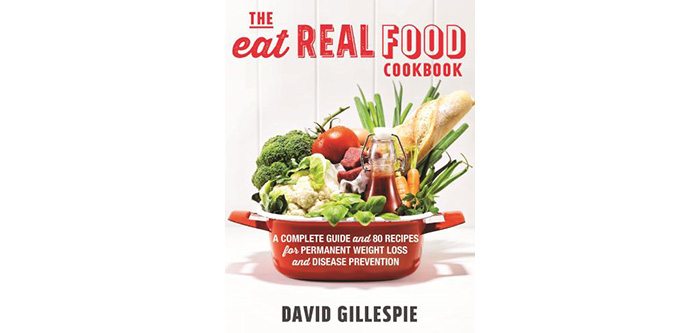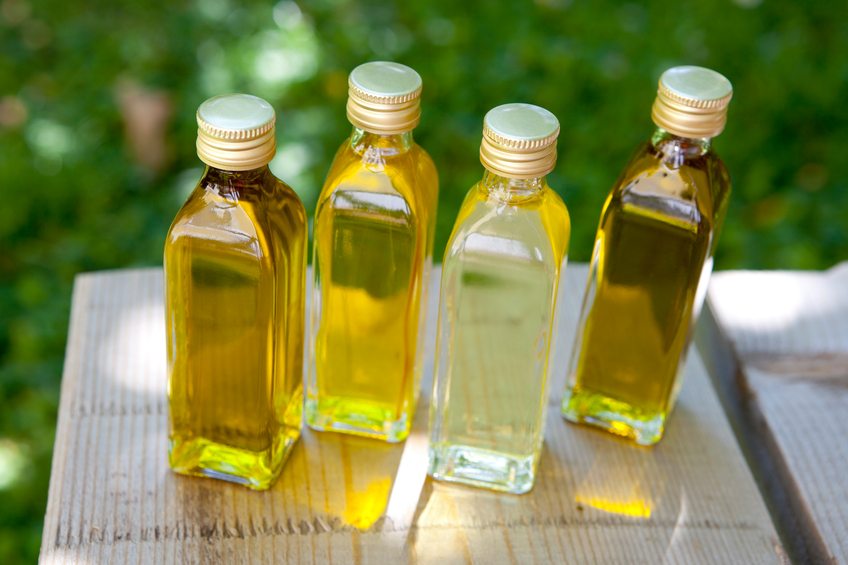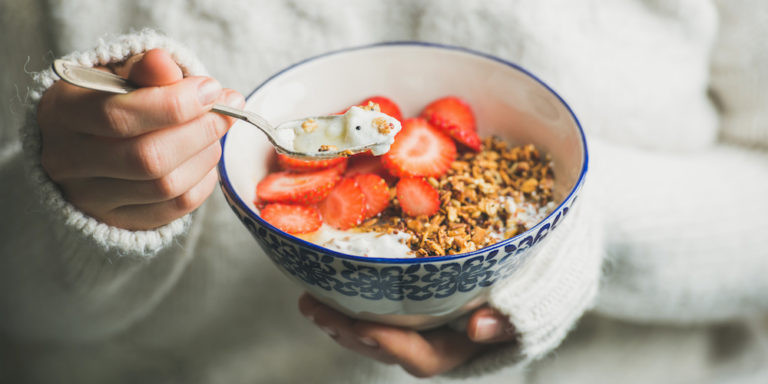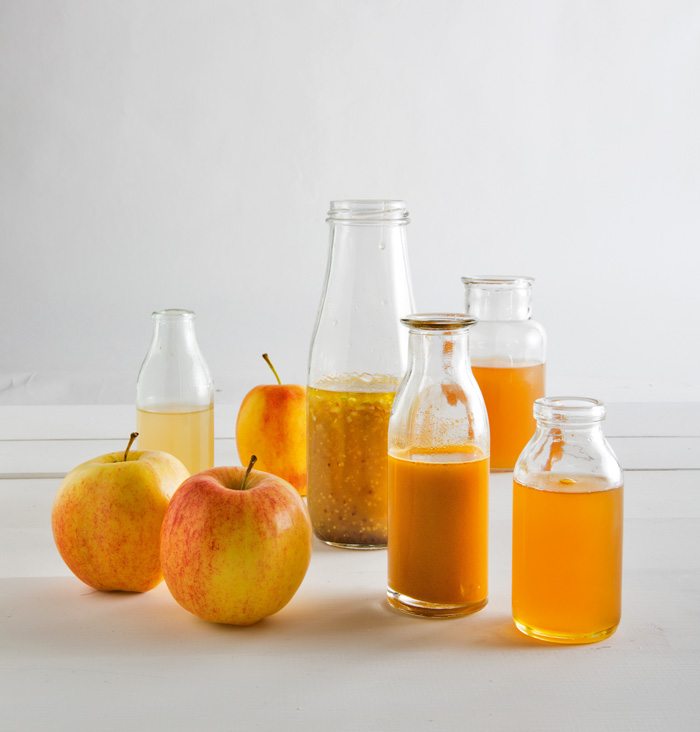Sugar is very bad news. It destroys (in this order), our teeth, our gut, our liver, our ligaments, our pancreas, our kidneys our blood vessels, our heart and eventually our brain. The science on all of this is now so uncontroversial, that many countries (including the UK) are implementing sugar taxes to help pay for the accelerating damage. But sugar is the lesser of the two dietary evils that have infiltrated our food supply. The other is vegetable oil. And it makes the consequences of sugar consumption look like a mild case of the sniffles. This stuff doesn’t just destroy our lives, it takes out the next generation as well.
Twelve years ago I removed sugar from my diet. I didn’t change anything else. Yep, I still ate meat pies (just without sauce). I still drank beer. And I still didn’t exercise anywhere near enough. I did it because I was obese and the evidence told me that the reason was my sugar consumption. So I stopped eating sugar. It changed my life permanently. I lost 40 kilograms and regained a passion for participating in the lives of my six kids, something that up until then was fading as fast as my weight grew.
Then, a few years into my sugar free life, I discovered something that made it immeasurably harder. Sugar isn’t the only thing that’s been added to our diet in large quantities by the food industry. The other is oils extracted from seeds (usually described as ‘healthy’ vegetable oil). It isn’t the occasional splash of oil you add to your salad or fry your steak in. It’s the industrial quantities of the stuff added to your bread, your biscuits, your frozen meals, your sauces and dressings and everything you buy in a restaurant or your favourite take-away.
Cheap vegetable oil made from seeds (canola, sunflower, corn, safflower, grapeseed, rice bran and soybean oils) is a new addition to the human diet. Unlike animal fats and oils made from fruit (olive, avocado and coconut oils), they’re very high in polyunsaturated fats and in particular something called an omega-6 fat.
When omega-6 fats are heated (in a deep fryer or in the human body) they produce highly toxic molecules. Those end-products are dangerous because they are incorporated into every cell in our body and interact destructively with our DNA. This significantly increases the chances that cancer will develop. But that’s by no means the least of it. Because of their neurotoxic capabilities, these molecules are likely to be heavily involved in motor neuron disease, multiple sclerosis, Parkinson’s disease and Alzheimer’s disease. They’re also implicated in chronic inflammation, the massive recent increase in allergies, stroke and heart disease. And, less predictably, they probably lie behind the sudden mass decline in male fertility and the massive increases in childhood cancers, Down syndrome and Autism.
Australians are sicker now than at any time in our history and it is getting worse unbelievably quickly. We are almost four times as likely to have thyroid cancer than just three short decades ago. We are more than three times as likely to have Liver Cancer. We are twice as likely to have Melanoma, Motor Neuron Disease, Kidney or Bowel cancer.
Men are more than twice as likely to have prostate cancer and 60% more likely to have testicular cancer. Women are 43% more likely to have breast cancer. And children are paying even more dearly. A child is 6 times as likely to suffer from leukaemia than at the start of the 20th century. And they more than four times as likely to suffer from a life threatening allergic reaction than they were just 20 years ago. Sperm counts halved in the 50 years (to 1990). Pregnancies are three times as likely to be affected by Down syndrome over the same period and a child is twice as likely to be autistic. The chronic disease tsunami is upon us.
These unbelievably cheap sources of fat are even more deadly than sugar and have now infiltrated everything on the supermarket shelves. If I avoided the 99% fat free but high sugar mayo, I was jumping out of the frying pan into the fire. The full fat version had no sugar but was made using sunflower oil.
A century ago, exactly none of these fats were added to our food supply. Now unless you made it yourself, it is reasonably safe to assume all the fat in your food comes from a seed. Avoiding these fats is several orders of magnitude harder than avoiding sugar. Our food supply is stuffed with two ingredients that are more likely than not to cause a slow, lingering and painful death. The good news is that this only applies to food made by others (and usually shoved into a packet with a picture of real food on the front). Nobody can stop you making and eating real food. All you need is a little know-how. And that’s what the Eat Real Food Cookbook is all about.
It’s an odd sort of a cookbook. It explains the science and gives you an easy guide to navigating the supermarket and your local eatery. It’s not the kind of cookbook you’d give to your best friend for her to put on her coffee table (and that neither of you having any intention of reading). It doesn’t show you how to cook flash cakes that look like Darth Vader. And it most certainly doesn’t show you how to make a salad in a jar.
My wife, Lizzie, and our six kids have been living off the recipes and tips in the book for the better part of the last decade. Don’t let the beautiful photography fool you. This is an intensely practical book designed to solve an intensely practical problem. How to create high quality food – simply, inexpensively quickly and every day – that’s completely free of the twin evils of fructose (the dangerous part of sugar) and seed oils (the man-made fats recently added to our food supply).
The Eat Real Food Cookbook by David Gillespie is available now.








